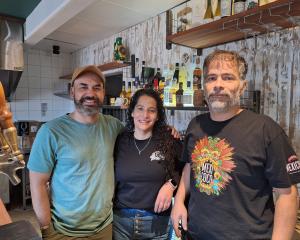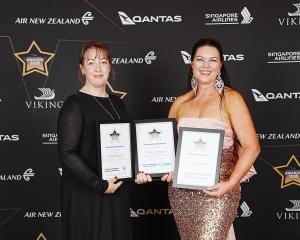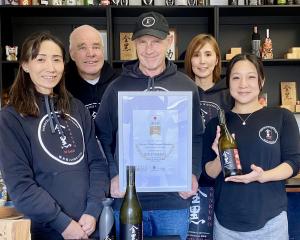
A clearance rate of "roughly 50%" was a credit to police staff in face of continued growth in the town, he said.
The "four Ds" - disorder, dishonesty, damage and drunkenness - continued to typify most types of callouts attended by police.
Police also attended three fatal traffic accidents and three fatal search and rescue incidents in the June to July financial year, Sgt Nicholson said.
One of the police "highlights" was uncovering Central Otago's first clandestine "P-lab" during the 2007 ski season, resulting in the imprisonment of three people, while another seven or eight "hangers-on" were "touched by the long arm of the law" during the investigation.
"Hopefully, with the publicity that generated, we won't see a repeat of it. Some people bring in and sell here but that was the first time we had found a clan lab in Central Otago," Sgt Nicholson said.
Community board member Ken Copland asked if any "serious criminals" were living in Wanaka.
"It is all mostly street offending . . . We have a few serious roosters in town but they are here, hopefully, for a change in life style.
"It is a small town and it is not easy for them to move . . . They don't put their hand up too often. It is still the safest place in the country to live," Sgt Nicholson replied.
One additional constable would begin working from the Wanaka station in mid-July, bringing the number of sworn staff on duty to nine.
Police remained optimistic four additional constables and another sergeant would be allocated.
Wanaka police were also keen to debate a proposed 24-hour liquor ban in the town's public streets and reserves and would suggest the ban begin at 10pm.
"People are still quite protective about their right to sitting down on the beach with a glass of wine while on holiday," Sgt Nicholson said.
Wanaka Community Board chairman Lyal Cocks said he believed locals would be pushing for a 24-hour, seven-day-a-week liquor ban in public places.
He was keen for a liquor ban debate soon so it could introduced before Christmas.












